Half-Off Evangelicalism: The Great Spiritual Garage Sale
Note: This was originally published in our bi-weekly e-newsletter, Liminal Spaces. To get future issues delivered to your inbox (and get our ebook for free!), sign up here.
Author Phyllis Tickle was right. Every five hundred years or so Christianity experiences a reformation, or what she called a sort of “giant rummage sale” when Jesus followers look around at all the accumulated dogma, the cluttered theology, the worn-out beliefs, and decide what is worth keeping and what needs to be thrown out to make room for something new.
It happened 500 years ago when Martin Luther nailed his “95 Theses” to the Wittenberg door. Half a millennium before him another reformation split the Church into Eastern and Western branches. Like clockwork, 500 years before the Great Schism saw the decline of Roman imperial Christianity and the rise of monasticism. And around 27 C.E. Jesus broke the legalistic bonds of Jewish purity culture. So, if you are deconstructing evangelicalism, you aren’t only in good company, you are right on time.
Today, millions of former evangelicals are looking around at the spiritual house we grew up in and realizing just how much useless, toxic, and harmful junk we have accumulated over the years. Part of the deconstruction process is “going through our theological attic, and trying to decide how much of our doctrinal stuff is still valuable and what should be taken to the curb and sold to strangers,” quips Dr. Robin Meyers. Rubbish like male headship, LGBTQIA+ exclusion, white nationalism, purity culture, original sin, or the myriad of other fabricated claims which have turned our once clean faith into an unholy mess. “Christianity has persistently claimed that it is the one true religion among all other faiths. Yet the sad fact is that more untruths have been promulgated in its name than by any other major religion in the civilized world,” warns Alvin Boyd Kuhn in his revolutionary book A Rebirth For Christianity.
Thankfully, things are changing. The rummage sale is underway.
“Exvangelicals” are responding to the spiritual urge to purge by taking the hodgepodge add-ons to Christianity out to the dumpster, making room for a renovation of faith. For me, I’m tossing biblical inerrancy and all the baggage that comes with it. The modern invention of turning the Bible into a perfect, authoritarian, literal, divinely-dictated text might be the most egregious of evangelical sins, if not the most dangerous. Free from all these fundamentalist trappings, we have the opportunity to redefine the future of faith. Evangelical Christianity is dying. Some people might find this terrifying, but I think it is incredibly liberating! “With each rebirth, Christianity becomes more inclusive and universal, as it was always meant to be,” writes Father Richard Rohr.
Contrary to what The Gospel Coalition or conservative evangelicals might tell you, deconstruction isn’t a progressive fad created by liberal Christians, it’s the ancient and cyclical tradition of cleaning your spiritual house, of refusing the temptation toward spiritual stagnation and religious hoarding. It’s also not a free-for-all. There’s no need to throw the baby out with the bath water, our task is to return to the foundations of our faith tradition and reclaim the essence of spirituality, one centered in right action as opposed to merely right belief. The result of all this spiritual house-cleaning just might be the restoration of a church known more for “being” than “believing.” Because as theologian Marcus Borg reminds us, “You can believe all the right things and still be in bondage.” Maybe we need less beliefs and more action, less dogma and more praxis.
As we move deeper into this timely rite of spring, what are you keeping? What needs to be sold or just taken out to the curb? With all this newfound space in your spiritual life, what formative practices or beliefs will you now pursue on your journey back to God? To help you in the process, listen to our latest podcast Saving Jesus From Evangelicals with Reverend Dr. Robin Meyers. He offers a glimpse into what faith might look like in a post-evangelical age.
Gary Alan Taylor

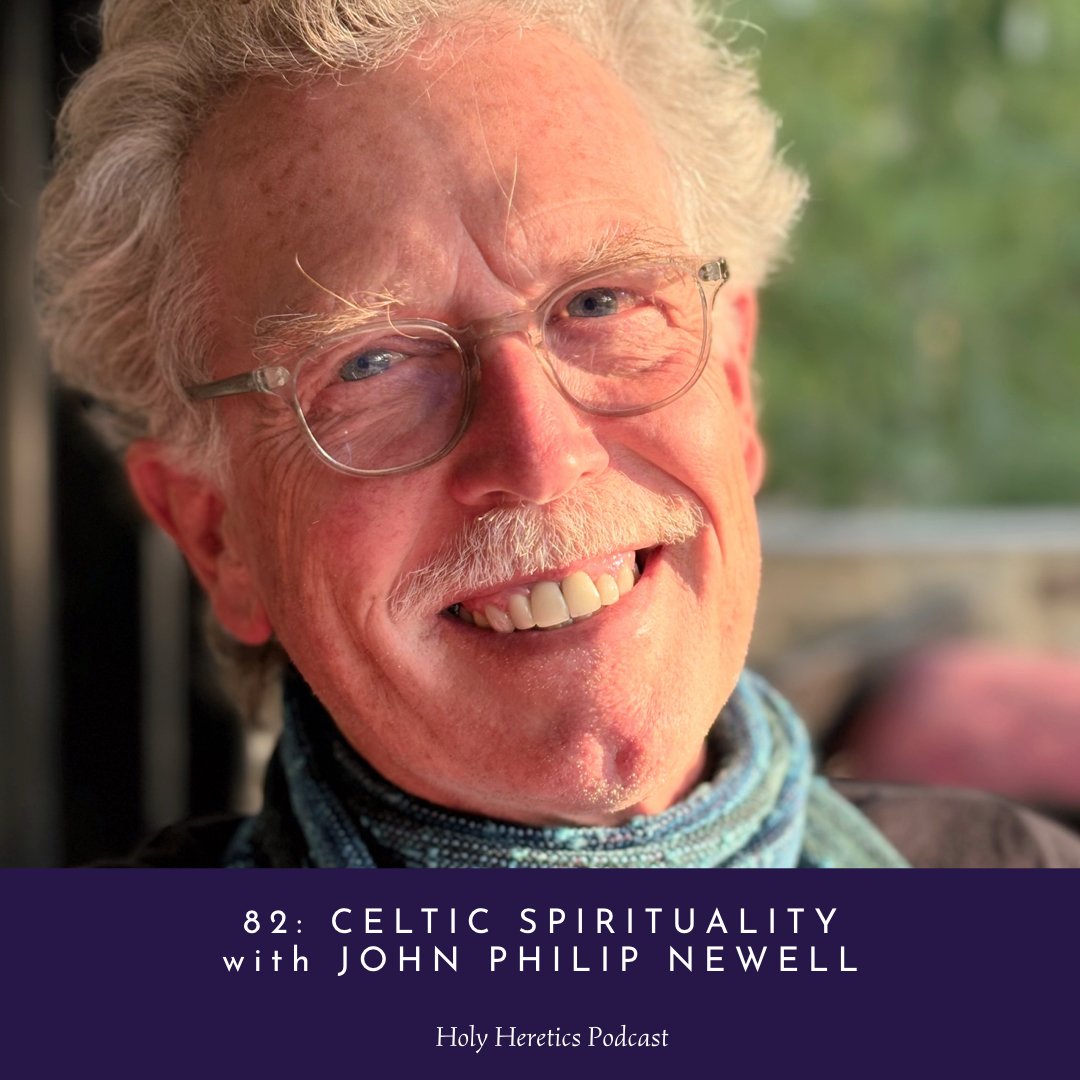

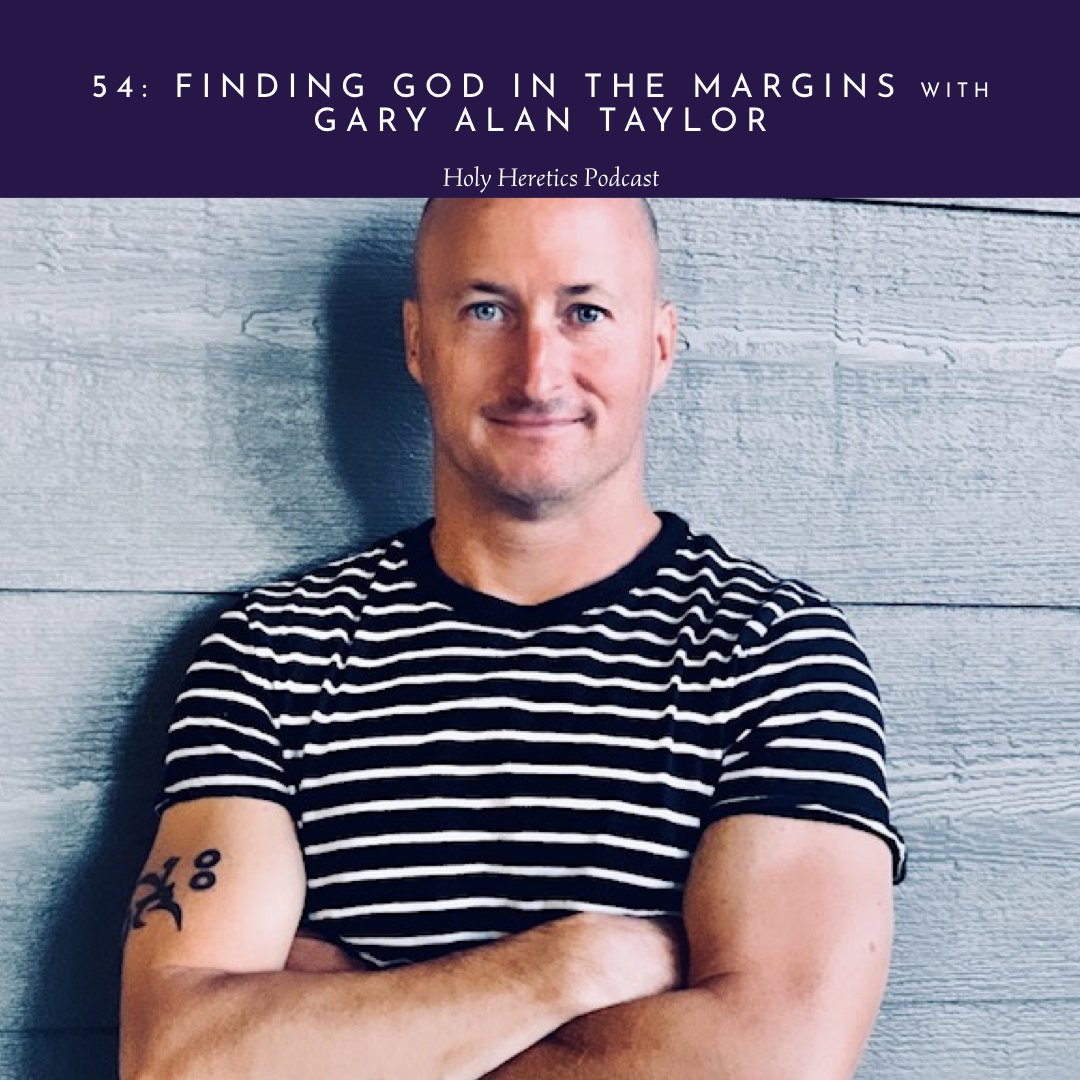
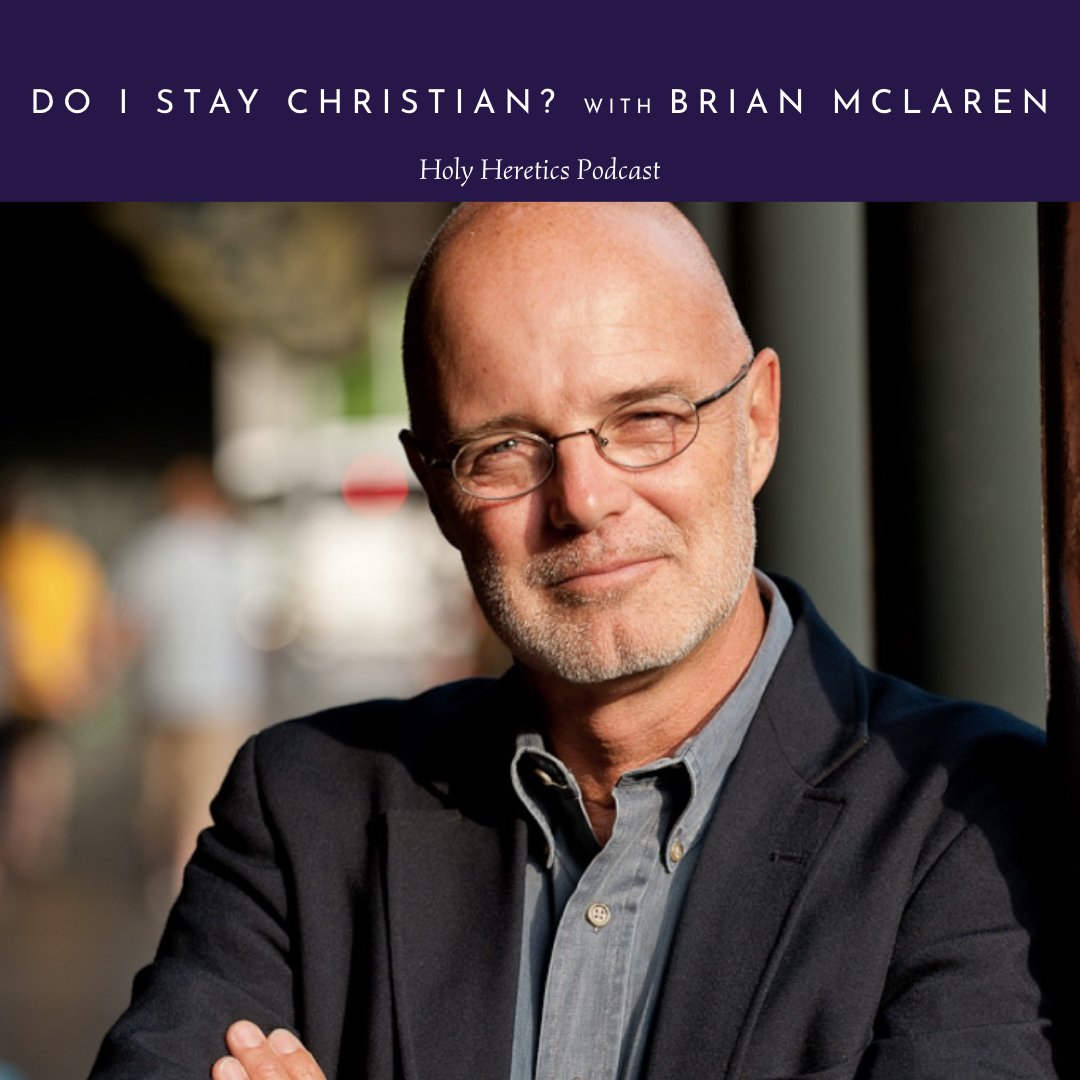
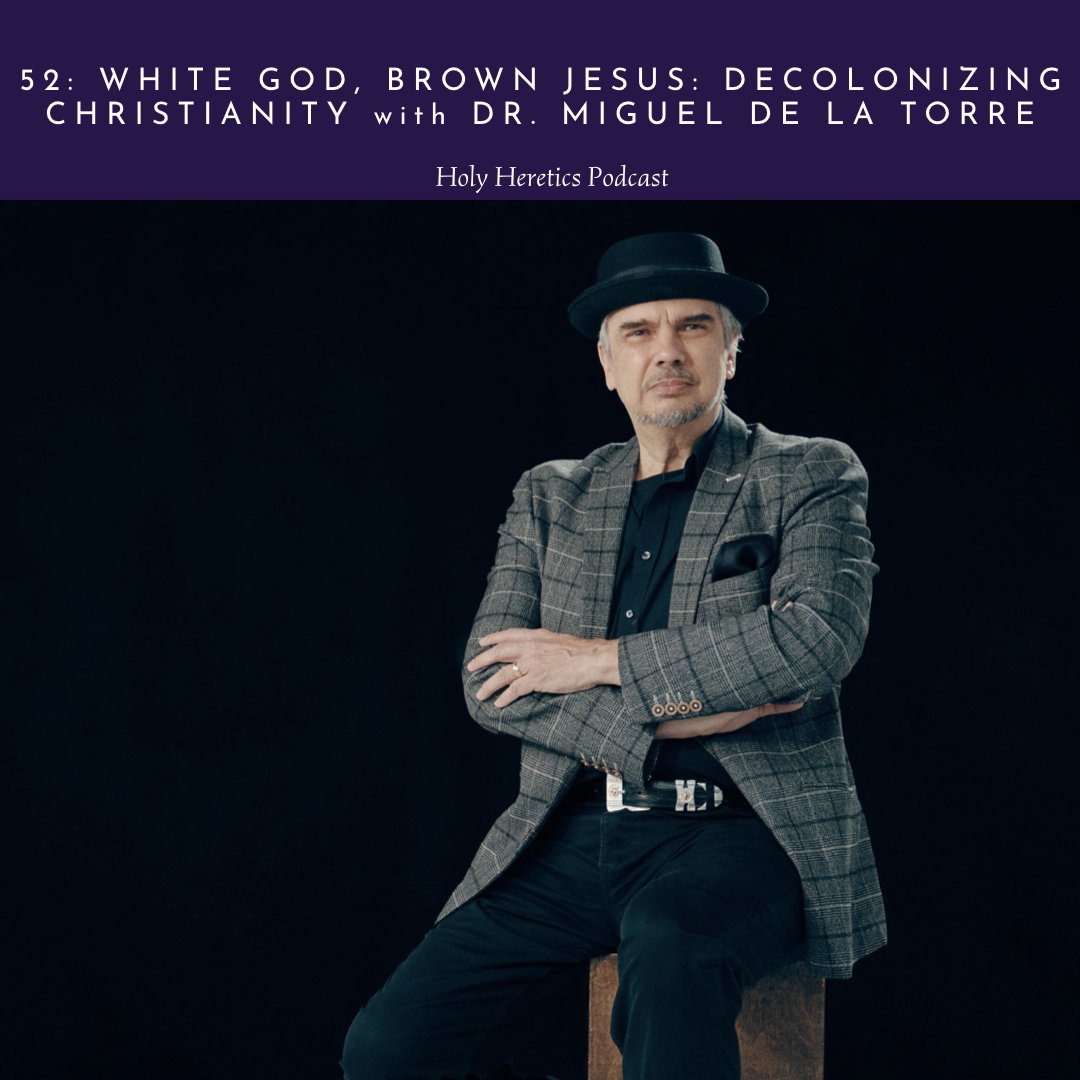
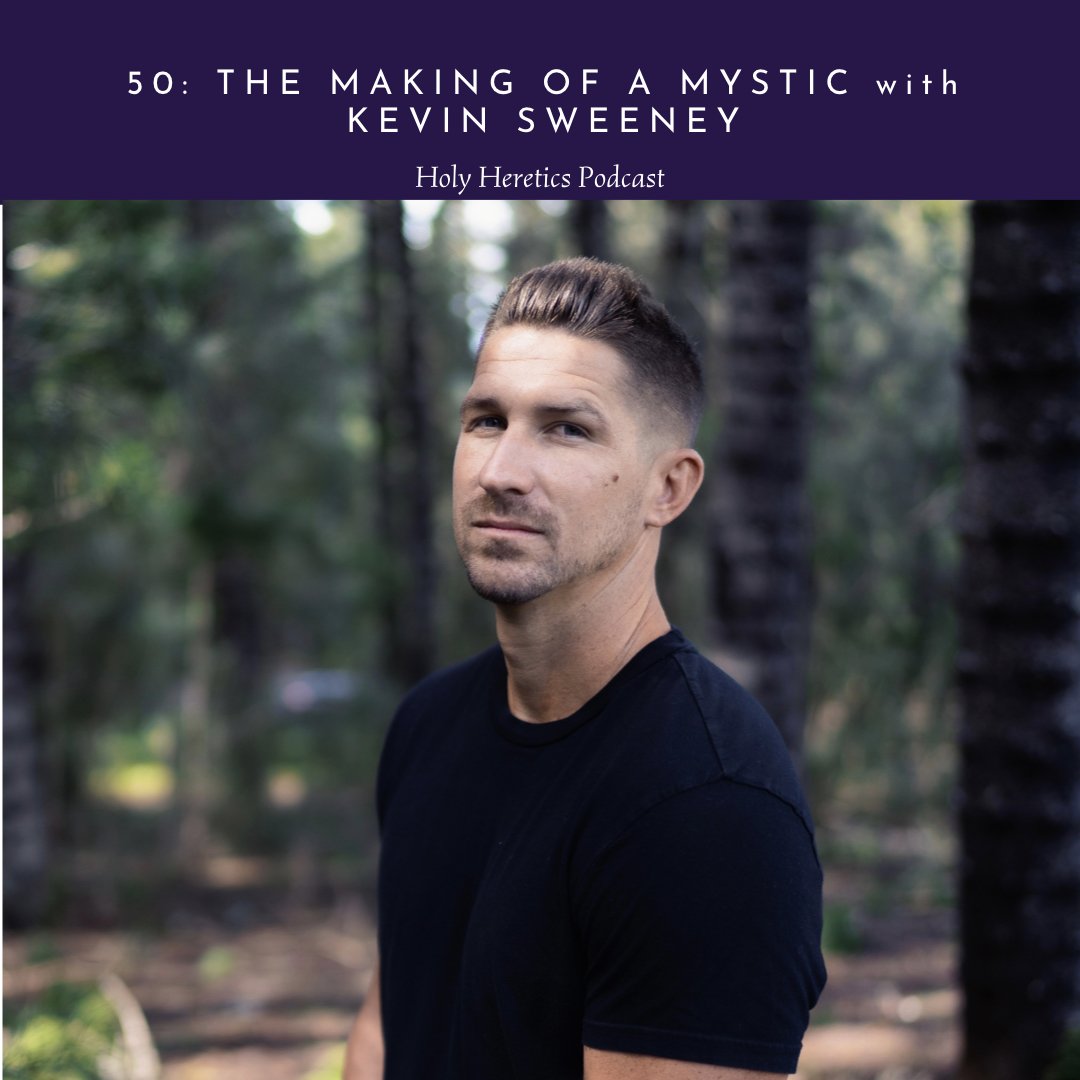

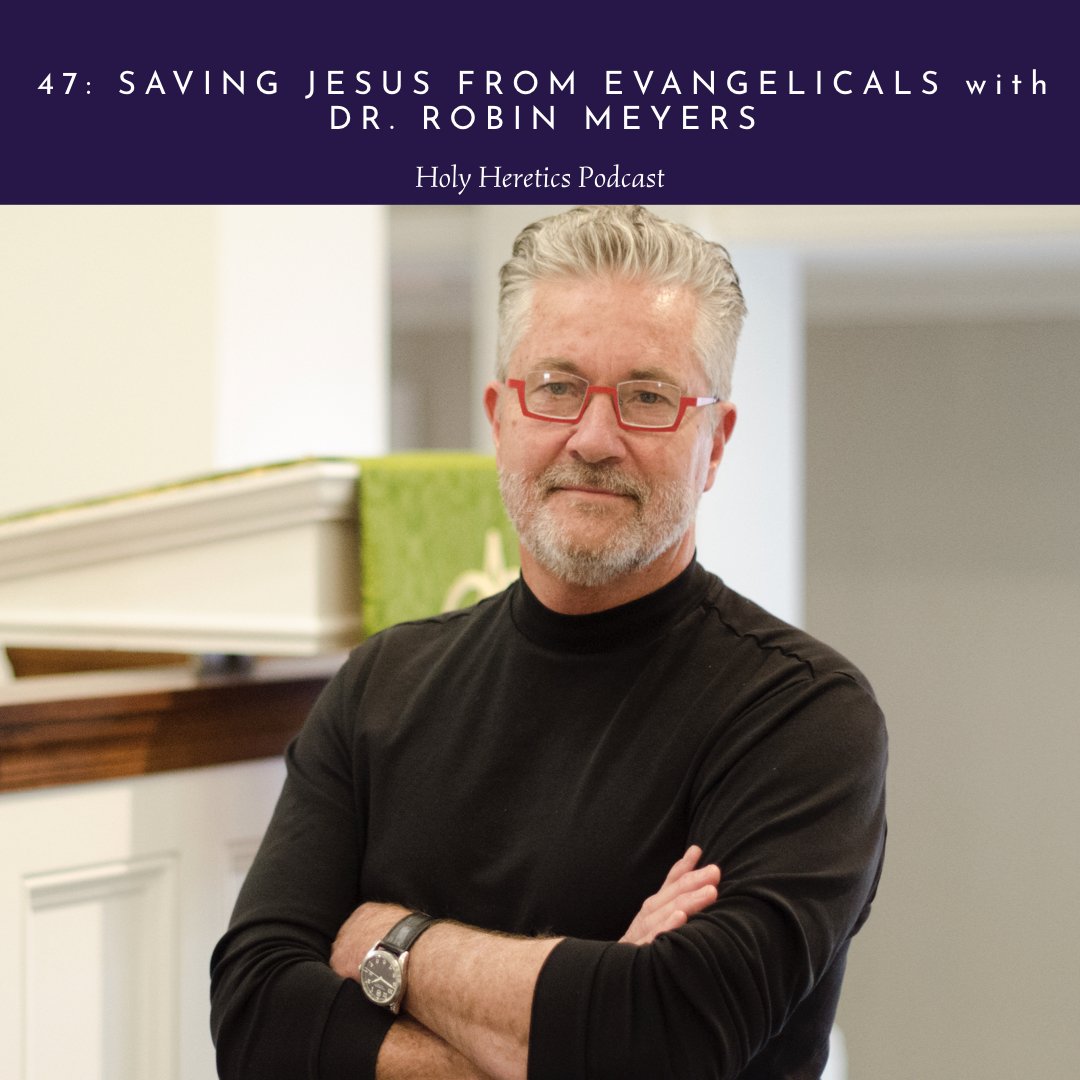
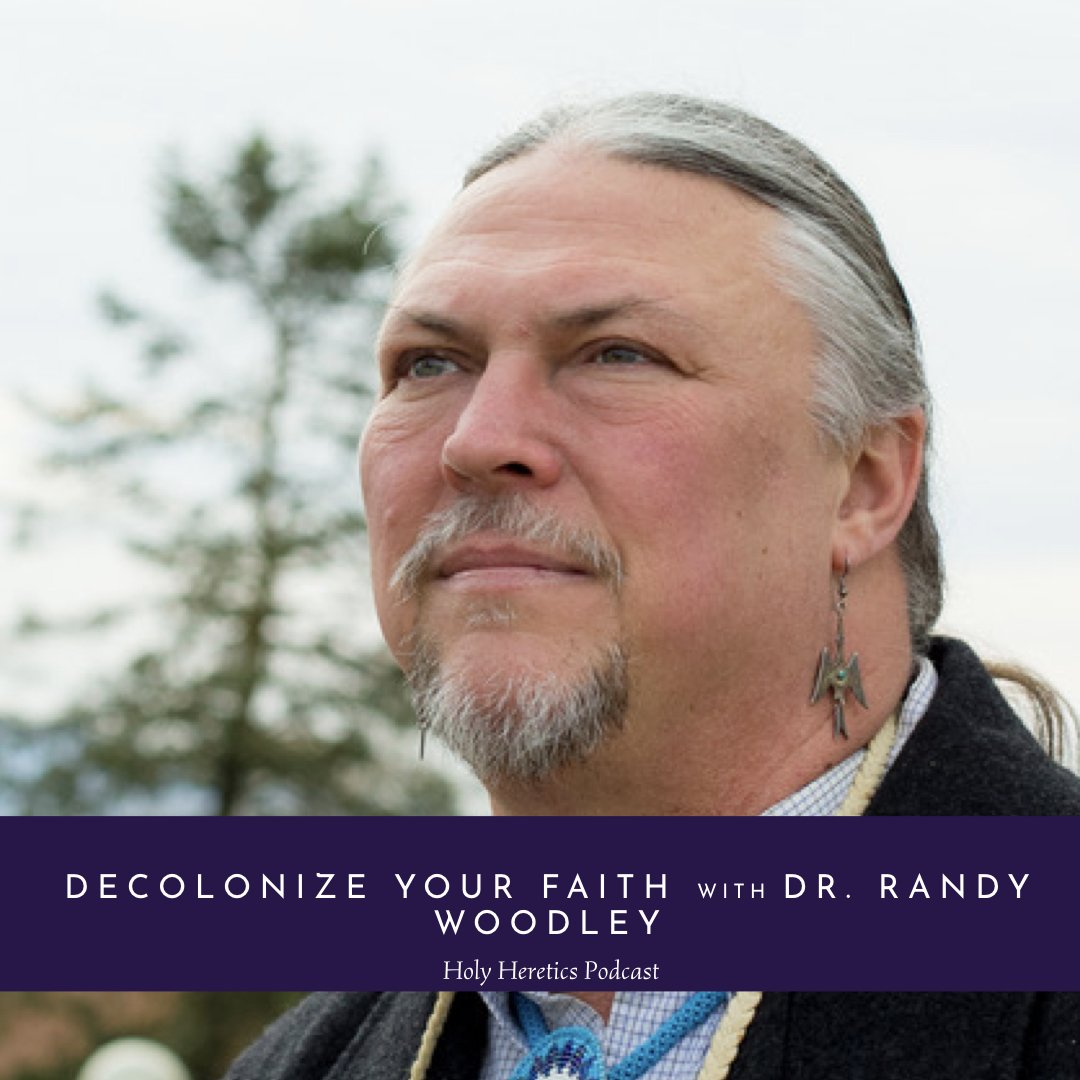
This rising interest in ecospirituality reflects a growing recognition that environmental issues cannot be addressed solely through scientific or political means, but also require a profound shift in our worldview, values, and spirituality.